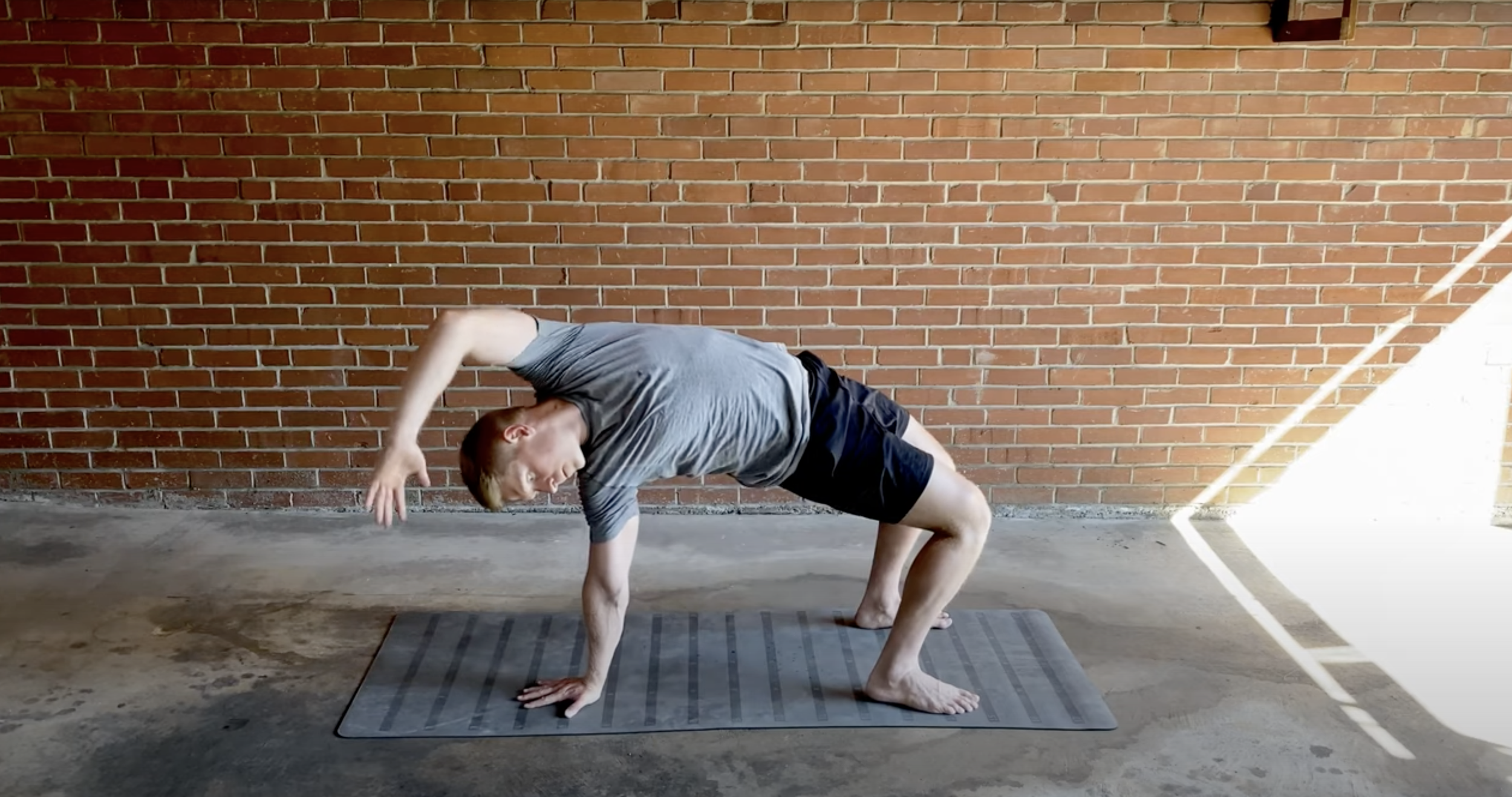Reader Question - What should I do about posterior leg pain during/after running?
/If you’re experiencing posterior leg pain during or after running, it could stem from muscle strain or nerve impingement. Sciatic nerve compression, for example, can lead to symptoms like sharp or dull pain, numbness, or tingling down the leg. Rest is key, followed by targeted glute, hamstring, and core strengthening exercises, such as bridges and planks. Foam rolling the lower body and stretching may also relieve symptoms, especially if the piriformis muscle is tight. Looking for exercises to stabilize and strengthen your posterior chain? - Read article.
Read More



